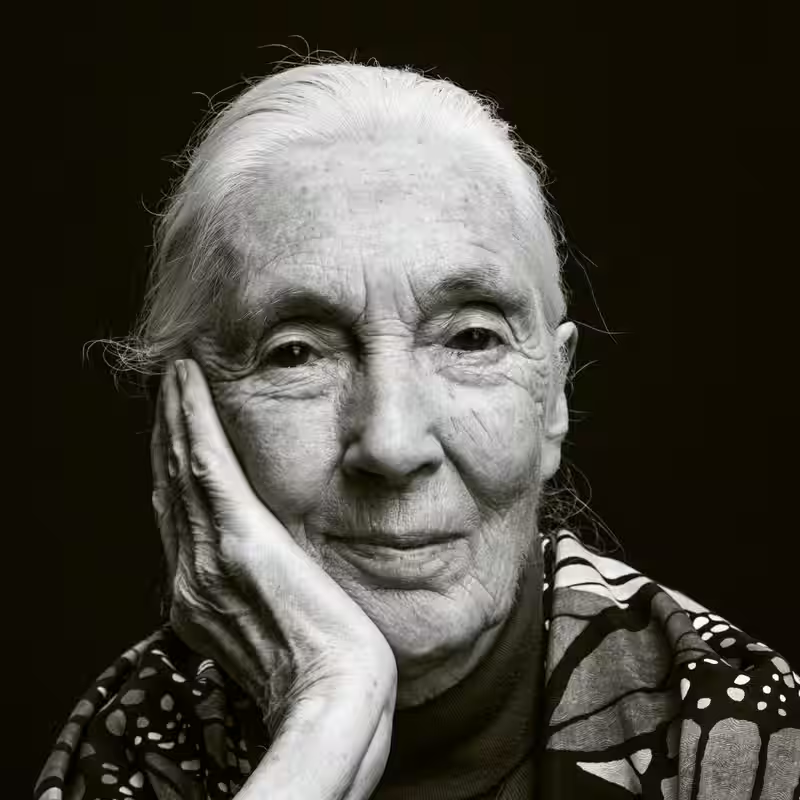The world has lost one of its most iconic scientific voices: Dr. Jane Goodall, the pioneering primatologist whose groundbreaking work with wild chimpanzees transformed our understanding of animal intelligence—and what it means to be human—has died at age 91.
A Legacy That Changed Science Forever
In the early 1960s, a young woman with no formal scientific training ventured into Tanzania’s Gombe Stream National Park. What she observed there—chimpanzees using tools, forming complex social bonds, and displaying emotions once thought uniquely human—shattered long-held scientific dogma.
Her mentor, famed paleoanthropologist Louis Leakey, famously declared her findings “one of the Western world’s great scientific achievements.” Today, Goodall is remembered not only as a scientist but as a global icon of compassion, conservation, and hope.
Key Discoveries That Rewrote the Books
- Tool Use: Observed chimps modifying twigs to “fish” for termites—the first non-human tool use ever documented.
- Emotional Depth: Documented behaviors like hugging, kissing, and mourning, proving chimps have rich emotional lives.
- Individual Personalities: Assigned names—not numbers—to her study subjects, insisting they were individuals with unique traits.
- Warfare Among Chimps: Later revealed that chimps engage in organized, lethal intergroup violence—challenging romanticized views of nature.
From Scientist to Global Advocate
After decades of fieldwork, Goodall shifted her focus to environmental education and youth empowerment. In 1977, she founded the Jane Goodall Institute, and in 1991 launched Roots & Shoots, a youth-led community action program now active in over 60 countries.
Jane Goodall: Life in Milestones
| Year | Milestone |
|---|---|
| 1934 | Born in London, England |
| 1960 | Begins chimpanzee research in Gombe, Tanzania |
| 1965 | Earns Ph.D. in ethology from Cambridge University |
| 1977 | Founded the Jane Goodall Institute |
| 1991 | Launches Roots & Shoots youth program |
| 2025 | Dies at age 91 |
[INTERNAL_LINK:Conservation Heroes] like Goodall remind us that science and empathy are not opposites—they are partners in protecting our planet. Her message was clear: “What you do makes a difference, and you have to decide what kind of difference you want to make.”




